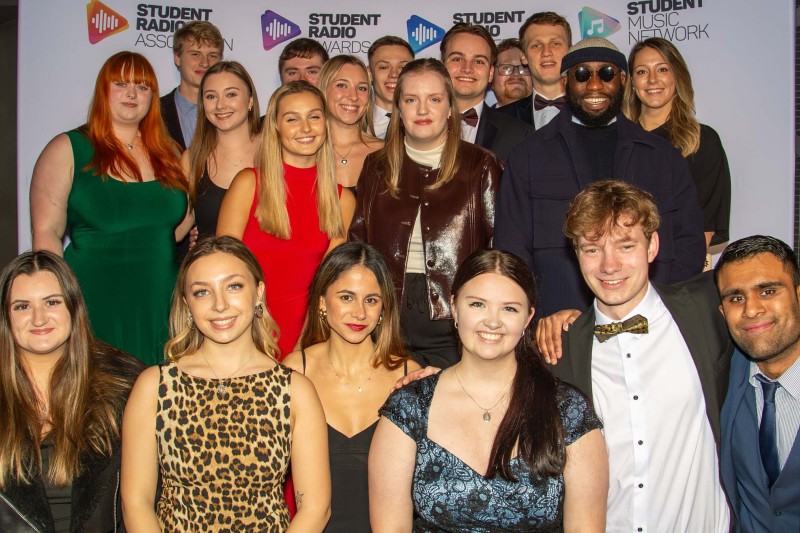A team from Bournemouth University will work with Wimborne-based image sharing site ClickASnap to develop a bespoke AI content moderation system for their platform.

ClickASnap is the world’s largest paid-per-view image sharing platform; creators can upload their own images and get paid when others view them.
The bespoke AI content moderation system being developed in partnership with BU will allow the company to efficiently and accurately moderate user content, enhancing the platform's safety and reducing costs.
The project is being led by BU’s Dr Simant Prakoonwit, Associate Professor of AI Games Technology, as a Knowledge Transfer Partnership (KTP) – a government-funded scheme to pair universities with businesses to drive innovation and growth.
“Our goal is to unlock ClickASnap's growth potential by embedding long-term AI capabilities,” said Dr Prakoonwit.
“With a massive number of users and uploaded images, ClickASnap requires tailored AI models beyond off-the-shelf options. This collaboration addresses their immediate needs and sets them up for future innovations in a rapidly evolving industry.”
As well as the content moderation system, the team will also develop an AI Customer Assistance system to enhance user engagement and provide support.
Eliza Davenport, Chief Commercial Officer at ClickASnap, said: “AI is a dynamic and transformative force in today’s world, so when the chance to engage in a KTP with Bournemouth University presented itself, we were thrilled.
"The potential applications of AI within the ClickASnap platform are vast, from enhancing user experience to generating new revenue streams. Collaborating with the wonderful Dr Simant Prakoonwit for the duration of this project has also been nothing but a luxury.”
Knowledge Transfer Partnerships are funded by the government via Innovate UK and enable a university, an external organisation, and a graduate to share knowledge and help businesses’ performance and productivity. They can last between 12 months and three years and often lead to lasting partnerships.
Dr Prakoonwit said: “This project offers an excellent opportunity to apply my AI expertise to real-world challenges, something I genuinely enjoy. It is always fulfilling to see useful and practical results from my work. This collaboration also strengthens our research and industry connections for future projects.”



